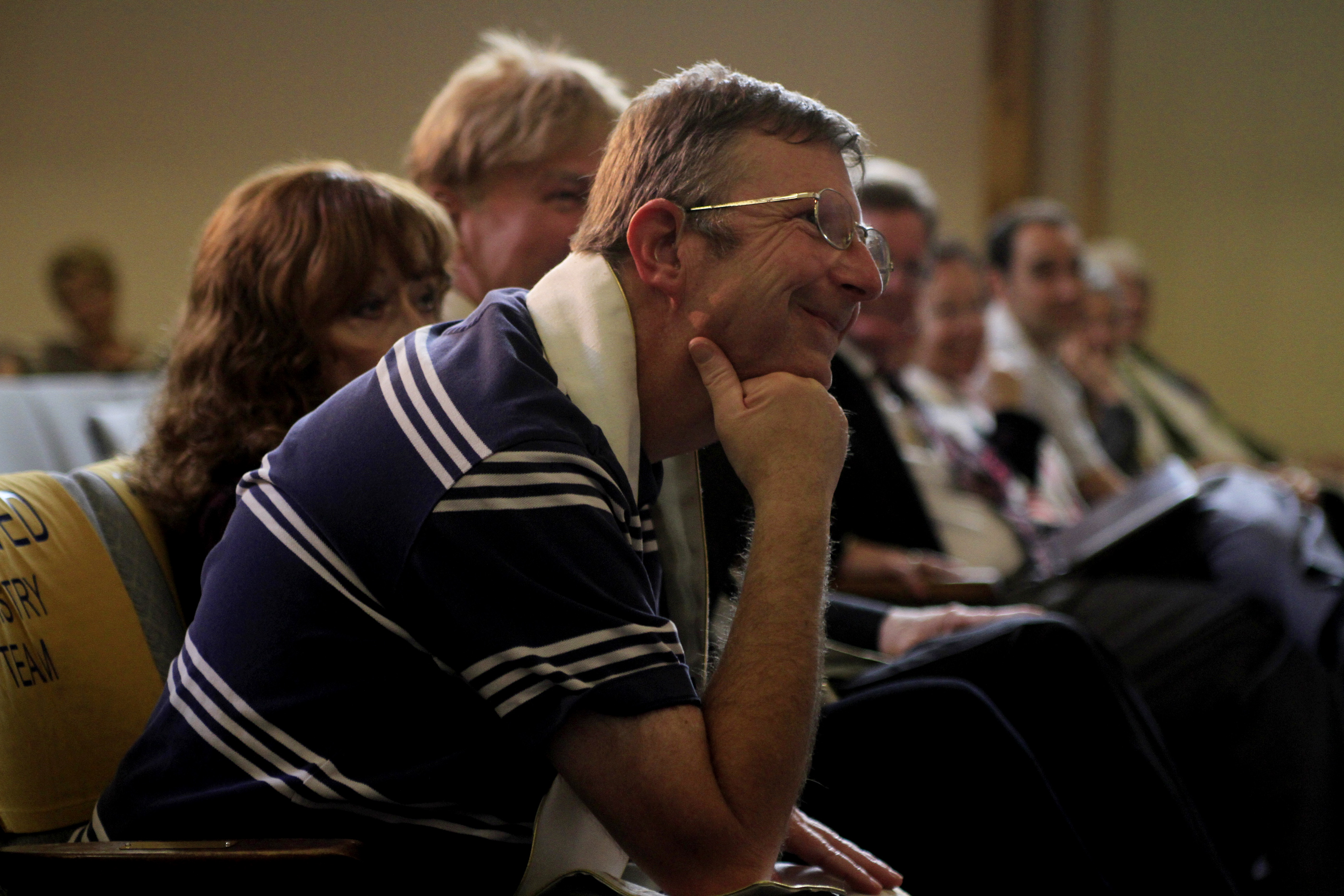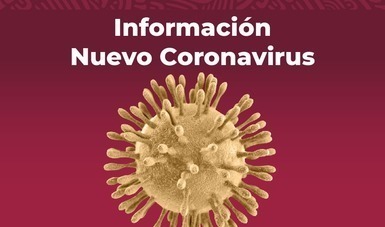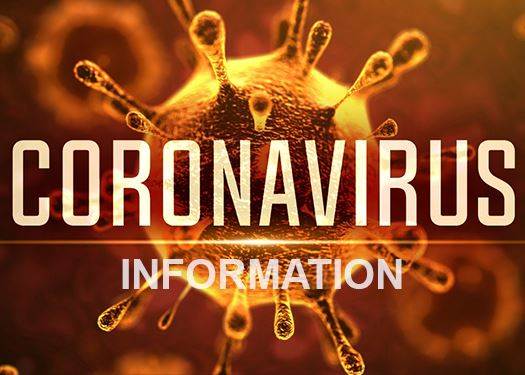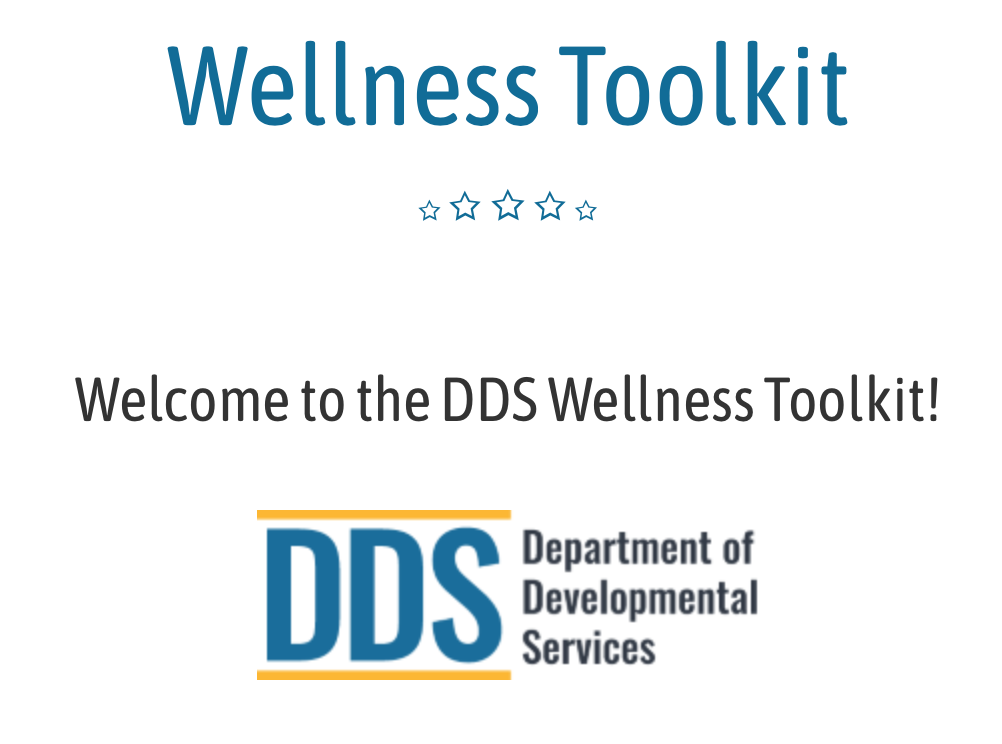Remembering Howard McBroom - Friend to Many, Staunch Advocate and Motivational Speaker (1955-2024)

The end of February, Howard McBroom's friends, of which there were many, gathered together to celebrate his life at the La Canada Country Club. Howard was a prolific writer and in his nearly 70 years, he was also a tremendous advocate against hate, bullying and gun violence. He left a lasting impression on everyone he met and his advocacy efforts will live on in all of us who had the pleasure to know Howard and be inspired by his words and actions. The world is a better place for having had Howard in it.
Here are some favorite quotes from Howard:
- "The way to build yourself up is by doing good things in the world and lifting up other people."
- "Life and love are the two most valuable things. We all have a right to love, to live our lives, and to do good work in the world."
- "Hate does not equal power; it can only lead to destruction. And hate can never build anything good, only kindness and compassion can."
To learn more about Howard's remarkable life, continue reading the tribute from Srbui Ovsepyan, on behalf of Lanterman Regional Center.
Howard McBroom came to Lanterman Regional Center in May 2004 by way of a referral through a friend from church. He was 48 years old, living in a converted garage in Burbank, and had recently lost a job. While Howard had been living in California for 27 years by that time, he had struggled with maintaining consistent employment but continued to find work and was able to support himself through the assistance of members of his church. At the time of his referral, Howard was not working, and he needed help. At his meetings early on with the Regional Center, Howard shared that he always knew he was “different” but he didn’t know what was different about him. As a child, he was diagnosed with a “neurological disorder” and he knew he had trouble with coordination, walking and was hard of hearing. His progressive hearing loss, he felt, contributed to his speech difficulties. He knew he had received services in school as a child but had never received a formal diagnosis. Finally, at the age of 48, Howard received a diagnosis of Autism. For him, this diagnosis brought a world of clarity, understanding, insight and compassion. His drive for advocacy was propelled into a new level, one that was focused on advocating for not just for himself, but for those around him with a developmental disability.
Howard's work in advocacy did not start when he came to the Regional Center or received his diagnosis. Rather, Howard has been an advocate all of his life. Howard often talked about how difficult his childhood was. He shared that he was bullied relentlessly by his classmates, and once said “it was no fun living in fear.” In 2011, seven years after he was diagnosed with Autism, Howard was featured in a newsletter published through the Regional Center where he talked about where his advocacy came from. He talked about his high school history teacher, Mr. Marshall. Mr. Marshall was also the coach of the school basketball team. He mentored Howard and became like a father figure to him. Mr. Marshall ultimately made Howard the team manager, inspiring him to see beyond his differences with his peers and instead focus on their similarities. It was then that Howard said he found his voice. In 2004, after learning about his diagnosis, Howard’s voice seemed to find a new purpose.
Shortly after coming to Lanterman, Howard was assisted with moving into subsidized housing through the United Cerebral Palsy apartments, now known as Momentum. By 2007, three short years after coming to Lanterman Regional Center, Howard was nominated to serve on the Board of Directors. He served as a Board member for three consecutive terms, finally reaching his term limits in 2014. At the same time, Howard served as the Chair of the Client Advisory Committee, a committee of the Board of Directors that was made up of self-advocates who helped inform and further the Center’s work. He also served on the Programs and Services Committee, another committee of the Board, where he helped to inform the development of purchase of service standards, reviewed and monitored the progress of the Regional Center's performance plan and gave recommendations to the Board of Directors on policy development related to case management. Howard dedicated nearly 16 years of his life to serving the developmental disabilities community through his various leadership roles and commitments held at the Lanterman Regional Center. He served on both committees up until a few months before his passing.
Howard’s advocacy work didn’t stop with his service on the Board and committees of the Regional Center. Instead, Howard quickly became one of the most sought-after public speakers in the community. By 2012, Howard had many speaking engagements through the Department of Rehabilitation, and at the Job Club, where he spoke to people with disabilities about workforce challenges and ways to overcome obstacles in life and during work. Once of my favorite titles of Howard's work in this area was called, “How to Get Off Loser Street and Stay on Winners Way.”
Howard was also invited to speak as a motivational speaker to a parent support group through Easterseals, where he shared his life experiences and gave messages of strength and resilience to families with children with disabilities.
In 2011, Howard was featured in a Los Angeles Times article called “Autism Hidden in Plain Sight” about people getting diagnosed later in life. This article caught the eye of a psychiatrist from Germany, Dr. Georg Theunissen. The following year, in 2012, Dr. Georg came to Los Angeles, and through the connections made by then Executive Director, Diane Anand, he was introduced to Howard. They had several meetings together, where Howard was interviewed for his book called, “The Practice of Autism in America.” Howard’s interview was featured in a chapter of the book. Three years later, in 2015, Dr. Georg came back to LA and presented an idea to Howard. He wanted to have a conference about Autism in Germany, the first ever of its kind, where psychiatric professionals and people with Autism could come together under one roof and have a discussion. The Conference was to be called, “Autism in Dialogue” and Howard was invited to attend and speak at it. Through the unique coordination and assistance from Lanterman Regional Center and his support staff at United Cerebral Palsy, Howard was able to get his passport, pack his essentials, make arrangements for assistance at the airport, and was on a plane to Zurich. Once there, Howard was met by Dr. Georg and his wife, with whom Howard stayed for 10 days to attend the conference and see the wonderful sights of Berlin.
At the conference, Howard spoke to the main audience as well as in breakout sessions on the following topics: “The Effects of Autism on Me”, “My Story” and “The Regional Center System and Self-Determination.” Howard’s story was titled, “Hope from America.” In January of 2016, Howard shared a presentation to Lanterman’s Board of Directors, where he said “I am very proud to represent the Regional Center in such a large-scale advocacy effort.” Just last year, Howard was asked to share about his experiences with the Regional Center, as part of a training video that he made for our new staff. In it, Howard recounted this trip to Germany, stating that this was one of the best experiences of his life, and with the Regional Center. He said, “In a way, I helped make a small part of history.” We certainly agree.
A couple of years prior to his trip to Germany, Howard was asked to participate in the filming of a documentary called “Autism in Love” which followed six individuals with Autism in varying relationships, from single to married, in order to explore their successes, trials and tribulations with love. The filming crew followed Howard to Jeffersonville, Indiana to film Howard at his 40th high school reunion. The documentary aired later that year. When talking about this experience, Howard said this documentary was very special to him because it covered two of the most important topics for him – Autism and Love. When Howard first came to the Regional Center, he shared that he often found most of his comfort when he was alone, which we know can be common for people with Autism. However, in the community that Howard found through the Regional Center, through his new apartment at United Cerebral Palsy, through his church and through the many, many community engagements he participated in, Howard found a different kind of comfort, a comfort he found from being around all of us.
From 2018 on, Howard continued to participate in a variety of conferences across the country and even in Canada. Many of these activities he did through Easterseals, which I’m sure we’ll hear more about later. Others, he participated as a representative of Lanterman Regional Center. He attended the SDP Local Advisory Committee and the Client Advisory Committee conferences held in Sacramento, CA. He participated in and attended various trainings on Autism, demonstrating his continued desire for knowledge, resources, advocacy and connection. In 2020, Howard was among the first group of individuals to pilot the Self-Determination Program at Lanterman Regional Center. As many of you know, Howard was a champion for the Self-Determination Program; he believed in the values of the program and promoted and advocated for the implementation of the program statewide and until his last breath. We will hear more about the work that Howard did for the Self-Determination Program and his success story directly from those who helped make that possible for Howard, so I won’t say more on this. But I think our Executive Director, Melinda Sullivan said it best when she said, “Howard lived a self-determined life long before the Self-Determination Program came into effect here in CA.” How could it have been anything but an absolute success for him?
Howard often talked about coming to Lanterman Regional Center and finding his home. In Howard, Lanterman Regional Center saw the embodiment of its core values in everything he did. Howard embodied the meaning of community ownership; of partnership; accountability - both to the Regional Center and to the developmental disabilities community; leadership and advocacy. When Howard truly understood what made him unique, he embraced his Autism in a way that was both inspiring and groundbreaking. Howard was truly an advocate for himself and for all of us.
On a more personal level, I had the pleasure of first meeting Howard in 2012, as his service coordinator. Howard was among the first people that I met and worked with as I entered this field. He and I formed an almost instant connection; we had many things in common, including our passion for mental health advocacy and a love of books. I spent a lot of time getting to know Howard and listening to him talk about his experiences and his many teachings.
Howard had a calling – he had the ability to draw from deeply personal and sometimes painful experiences and turn those experiences into messages of hope and solutions. He talked a lot about the damaging effects of childhood bullying and how he felt that violence in this country could be mitigated with proper anti-bullying teachings starting early in grade school. He truly believed that providing counseling and positive experiences to youth who were victims of bullying would fight the catastrophic effects of mass violence we see all too often in our society. He wrote many blogs and created many YouTube videos on this topic, he spoke about this topic to the community and hoped to share his message far and wide.
While I was no longer his Service Coordinator after 2017, I continued to stay in close contact with Howard over the years; I had the absolute pleasure of continuing to work with him through the Client Advisory Committee and the Programs and Services Committee. Towards the end, I spent some time with Howard at the hospital and then again just days before he passed. We held hands, we said a prayer together, we talked about all of his accomplishments in life and all the things he felt he still had to do. He again talked about mental health and how much is needed now more than ever, how he felt the field of mental health could greatly benefit from the teachings of the Self-Determination Program to reach those in need. Even from his hospital bed, faced with a terminal illness, Howard couldn’t stop thinking about and advocating for those around him. The world is a better place for having had Howard in it.
I’ll end with this – Howard had an amazing ability to make friends everywhere he went. I mean, look around this room. Whether you knew Howard for a few a months, or years, Howard made a lasting impact on you in some way. Howard became an instant friend. And when you were a friend of Howard's, he let you know. He let you know how important you were to him, and he often let others know about you too. When you were in Howard’s circle, you were connected not just with Howard, but with others in his circle as well. There is an instant kinship among all of us here today, because we all knew and loved Howard. Howard was a fierce advocate and a loving friend. And so today, we stand here together, as friends of Howard, in celebration of his life and legacy. We will miss you, Howard. Thank you for being our friend.






